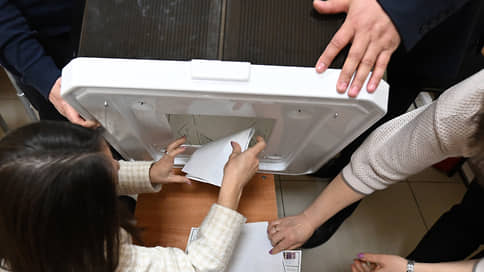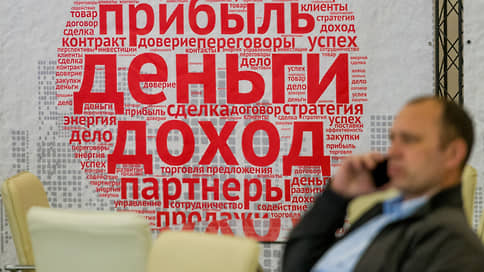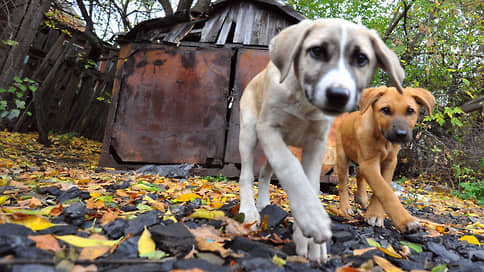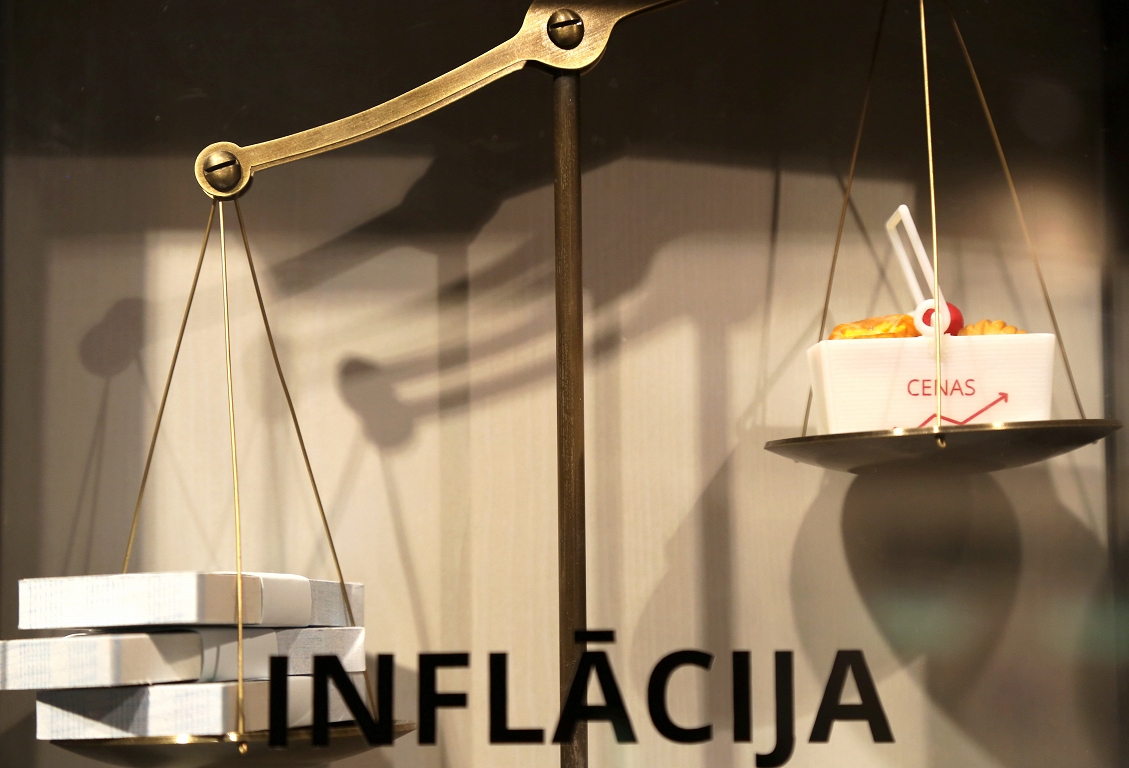The State Duma Committee recommended the adoption of the amendment to the election law

The State Duma Committee on State Building and Legislation on May 12 recommended the chamber to approve the bill in the second reading, clarifying the norms of electoral legislation. In total, 108 amendments were submitted to him, of which the 67th committee recommended for adoption. One of the key was the amendment made by the State Duma speaker Vyacheslav Volodin and the leaders of the fractions, which makes it possible to vote with a paper ballot during the electronic elections. The rest of the approved novels, as their authors explained, “have been based in practice of applying electoral legislation” over the past few years.
Recall that the bill was submitted to the Duma by a group of senators and deputies led by the chairman of the Committee of the Federation Council on State Construction Andrei Klishas on February 13 and was adopted in the first reading on April 1. It provides, in particular, the abandonment of the missions of deputies of all levels per year, preceding the election of a new convocation of the parliament, the cancellation of the registration of foreign sites to single -mandate districts in the elections to the State Duma, the ban on the parties to accept donations from the legal entities of legal agencies, etc.
The Duma opposition was especially outraged by the norm, which, by the decision of the Central Election Commission (CEC) and regional commissions, to hold elections completely in electronic form.
After the first reading, Vyacheslav Volodin announced the upcoming amendment, which will give voters the right to vote with a paper ballot even with electronic voting. The committee approved this amendment at a meeting on Monday. According to its text, « during electronic voting, the possibility of voting using ballots made on paper should be ensured. » In addition to the speaker, the leaders of all fractions signed under the adjustment, thus demonstrating interfraction consensus.
In total, 108 amendments were submitted to the bill, 67 of which the Committee recommended for adoption. Among the rejected, the Communist Party of the Communist Party of Remote Electronic Voting (DEG) from the electoral system was predictable. The deputy chairman of the committee Dmitry Vyatkin (United Russia, EP) said that DEG « allows the maximum number of our voters to realize their constitutional law. » The first deputy chairman of the committee Yuri Sinelshchikov (Communist Party) in response recalled that the Communists are against DEG, because “no one will ever set responsibility for persons who refill with all these devices and schemes,” and even if in the end it turns out 110% of the voters, “it will only be possible to laugh at it”.
The authors of the approved amendments were Dmitry Vyatkin, Dmitry Lamikin and Daniil Bessarabov (all – EP). All the changes they proposed, according to Mr. Vyatkin, « are based in practice of applying electoral legislation for several election campaigns. »
- In particular, the procedure and terms for consideration of appeals to the CEC and regional commissions are clarified: the election commission has the right not to respond to anonymous complaints and messages containing obscene expressions and threats, as well as appeals, the text of which “cannot read” or “does not allow to determine their essence”.
- Another amendment refers to the remuneration of members of the special territorial election commission (TIK) responsible for DEG: it will take place at the expense of the federal budget in the amount established by the CIC, and the TIC members working out of their region can compensate for passage and accommodation.
- The possibility of co -financing elections to the State Duma from regional budgets is also established.
If martial law is introduced to part of the territory of the Russian Federation, the CEC will be authorized to establish in the relevant subjects the “features of the preparation and holding of elections to the State Duma (similar right to regional and local elections to the Central Election Commission received in 2023 in accordance with the law on guarantees of electoral rights). Accredited media will be able to conduct photo and video shooting in the elections in military units in agreement with their command. The CEC will also establish the amount of data on the property of candidates for State Duma deputies published on the Internet and on the information stand: it is proposed not to publish this information in printed materials in order to reduce their number. And the heads of diplomatic missions will be able to change the duration of voting in foreign areas in the case of « a threat to the life and health of citizens of the Russian Federation. »
Finally, one of the amendments involves a change in the frequency of the approval of the scheme of single -mandate districts in the elections to the State Duma. “Now it is approved once every ten years, but taking into account the dynamics of changes in the number of voters in various regions, it is proposed to reduce this period of up to five years,” explained Dmitry Vyatkin.
It should be noted that at the same meeting, the committee recommended the bill on the approval of the new cutting of the districts in the first reading. According to this document, three districts are formed in the DPR, two in the LPR, in the Zaporizhzhya and Kherson regions – one at a time. At the same time, in three constituent entities of the Russian Federation (Moscow, the Moscow Region and the Krasnodar Territory) will be added to one district, and ten more regions will be lost in one district.
The deputy chairman of the CEC, Nikolai Bulaev, who was present at a meeting of the Committee, assured that the approved short stories would “have a positive effect on the organization of the election campaign”. The consideration of both initiatives is scheduled for May 14.






:format(webp)/s3/static.nrc.nl/wp-content/uploads/2025/03/13200124/data129312444-15ad8d.jpg)
